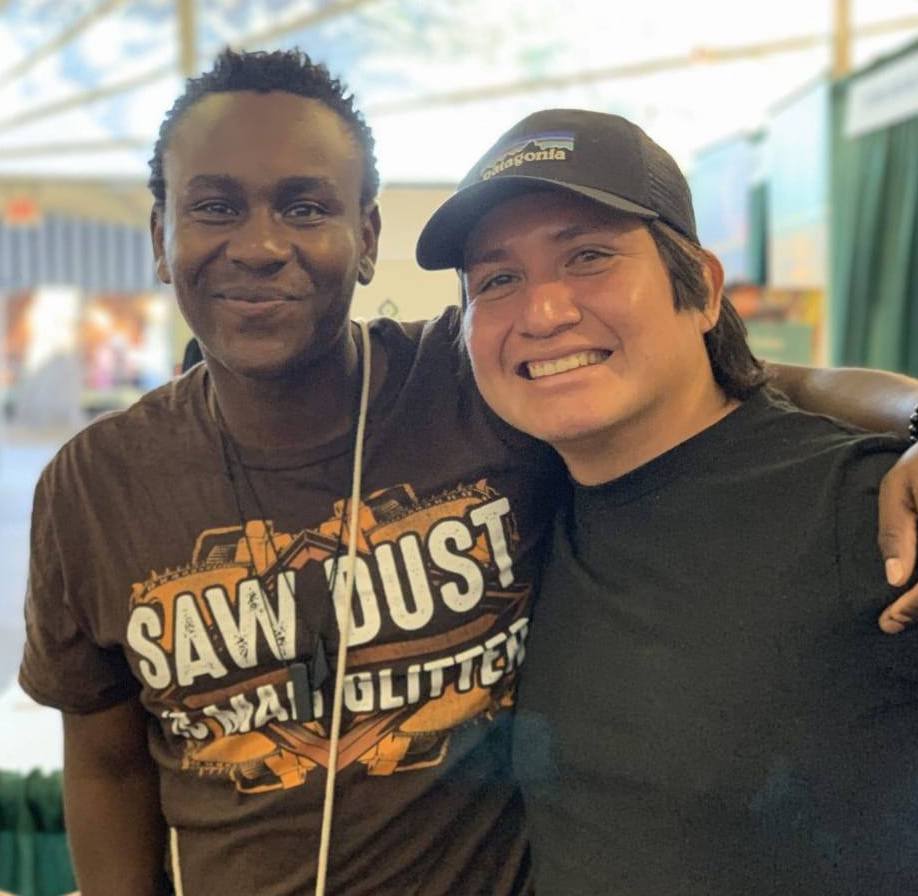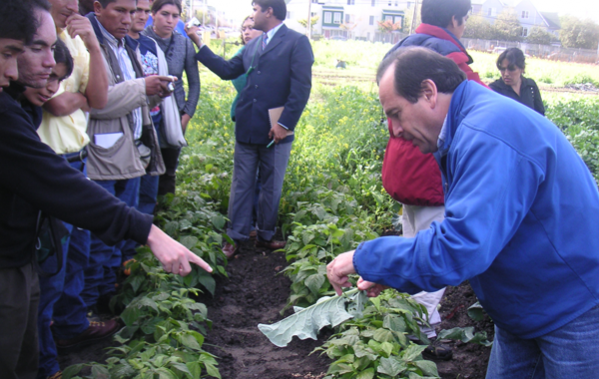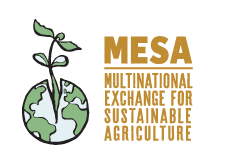Why Support MESA
Sub-title


Our Impact
Since our founding, MESA has facilitated thousands of agroecology exchanges among farmers, researchers, activists, and innovators from 50 countries on 300+ host sites through our flagship International Exchange Program.
MESA has provided over $200,000 in micro-grants and stipend support for graduates of our SF Bay Area program, and to Stewards and Hosts through our SPRIGs (Sustainable Projects Recognizing Innovation and Growth) to support ecological farming and food justice projects in Armenia, Bolivia, Ecuador, Georgian Republic, Ghana, Kenya, Lithuania, Mexico, Nepal, Peru, Sri Lanka, Thailand and the United States.
MESA collaborates with mission-aligned U.S. nonprofits and institutions, and has partnered with sustainable farms, NGOs, university programs, social movements, and other well-regarded allies in the fields of sustainable agriculture, agroecology and cultural exchange to facilitate, deepen, and enrich our experiential learning programs.
From starting women-led cooperatives and heirloom seed banks to organic farmers’ markets and online courses in participatory plant breeding and agroecology, MESA’s network continues to foster creativity and collaboration between farmers, educators, advocates, and innovators.
Our History


Our Impact
Since our founding, MESA has facilitated thousands of agroecology exchanges among farmers, researchers, activists, and innovators from 50 countries on 300+ host sites through our flagship International Exchange Program.
MESA has provided over $200,000 in micro-grants and stipend support for graduates of our SF Bay Area program, and to Stewards and Hosts through our SPRIGs (Sustainable Projects Recognizing Innovation and Growth) to support ecological farming and food justice projects in Armenia, Bolivia, Ecuador, Georgian Republic, Ghana, Kenya, Lithuania, Mexico, Nepal, Peru, Sri Lanka, Thailand and the United States.
MESA collaborates with mission-aligned U.S. nonprofits and institutions, and has partnered with sustainable farms, NGOs, university programs, social movements, and other well-regarded allies in the fields of sustainable agriculture, agroecology and cultural exchange to facilitate, deepen, and enrich our experiential learning programs.
From starting women-led cooperatives and heirloom seed banks to organic farmers’ markets and online courses in participatory plant breeding and agroecology, MESA’s network continues to foster creativity and collaboration between farmers, educators, advocates, and innovators.

